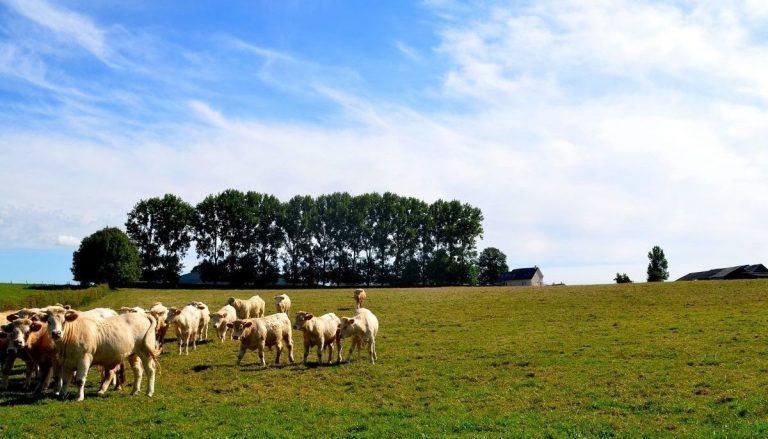Germany says yes to meat tax, but only if it improves animal welfare, study shows

Germany is more likely to approve of the implementation of a meat tax if it helps to improve animal welfare, according to a new study.
The report, published in Nature Food analysed the responses of over 2,800 Germans in an online survey to find out how the tax amount, differentiated or uniform taxes, as well as how its proceedings are used, may impact the level of support consumers have for a tax on meat.
How the proceedings from the tax were used was critical, with most Germans more likely to support a meat duty if it could be guaranteed that the money would be used to improve the living conditions of farmed animals.
In comparison, consumers were less likely to support a tax on meat to tackle climate change, with the idea of an animal welfare tax receiving 11.1% more yes votes than a carbon tax on meat.
The results chime with the outcomes of previous studies that show animal welfare arguments and information on labels are more successful in bringing about behavioural change than sustainability labelling.
For a meat tax to gain enough support from consumers, the study’s authors recommend introducing it with a low rate. Some 62% of respondents were in favour of a tax of €0.19 per kilogram of meat, but support for the tax decreased by an average 2.6% for each €0.10 per kg increase in the tax rate.
The study also found that applying a uniform tax or differentiated tax onto products according to their impact levels didn’t sway the respondents’ level of support.
Presenting the legislation as a welfare tax as opposed to a climate tax could help policymakers win more votes, the study’s authors say. A tax on meat is currently being considered by Germany’s Federal Minister for Health, Karl Lauterbach, who is keen to cut meat consumption in the country by 80%.
Earlier this month, new data from Germany’s Federal Office for Agriculture and Food found that meat consumption had dropped to its lowest level in over 30 years, with Germans consuming 4.3kg less than the year before.
The researchers stated their findings could prove useful for other countries where a proposed tax on meat has so far been rejected. Some of these include the Netherlands, where policymakers have been unable to convince a majority of parliament, Denmark, where the proposal was declined by politicians in 2016, and the UK where the idea was left out of the National Food Strategy due to the belief that it wouldn’t garner enough public support.








